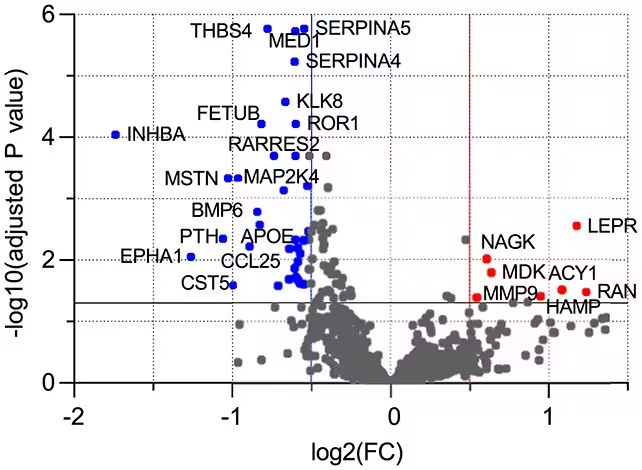4 Minutes
Background: Unpacking the Rise of Fasting Diets
In recent years, water-only fasting diets have surged in popularity across social media platforms and wellness communities, touted as effective methods for rapid weight loss and health optimization. However, a growing body of scientific research has started to question the safety and physiological impact of such restrictive diets, especially those lasting several days or longer. While intermittent fasting—a pattern of cycling between periods of eating and fasting—has been explored for its metabolic benefits, far less is known about the health outcomes of prolonged, water-only fasting.
Examining the Effects: The New Clinical Experiment
To address this gap, an international group of scientists conducted a controlled study, recently published in a peer-reviewed journal, to assess the health outcomes of 20 overweight adults who undertook a water-only fast for 10 consecutive days. Participants ingested only water and were carefully monitored throughout the study period.
Weight Loss and Side Effects Observed
On average, participants experienced a significant weight reduction—7.7% of their initial body weight. However, this rapid weight loss did not come without cost. Many reported side effects such as headaches, disrupted sleep patterns (insomnia), and marked drops in blood pressure. These adverse effects highlight potential risks, particularly for individuals with pre-existing cardiovascular or vascular conditions.
Biochemical Findings: Inflammation and Stress Markers
Contrary to the hypothesis that extended water fasting might lower inflammation, the experimental data revealed a different outcome. Researchers, led by Dr. Luigi Fontana of the University of Sydney, discovered that prolonged fasting actually increased physiological stress and elevated levels of inflammation-related proteins in the bloodstream. Notable markers included C-reactive protein (CRP) and interleukin 8 (IL-8)—both recognized biomarkers of systemic inflammation. "Our initial hypothesis was that water-only fasting would decrease bodily inflammation, but results showed a marked rise in pro-inflammatory proteins. This raises real concerns for individuals with heart and vascular risks," Dr. Fontana explained.
Additional Biological Impacts: Muscle, Bone, and Brain Health Indicators
Beyond inflammation, an unexpected outcome was observed in proteins linked to muscle and bone breakdown. These protein levels decreased, suggesting a temporary reduction in the body’s normal processes for breaking down muscle and bone. Furthermore, the concentration of amyloid beta proteins—compounds closely associated with the development of Alzheimer’s disease—also declined. While this latter effect could indicate promise for neurological health, the full significance remains unclear and warrants further investigation.

Limitations and Calls for Caution
Despite its scientific rigor, the research team stresses that these results should be viewed as preliminary. The sample size was small, limited to 20 individuals classified as overweight, and longer-term or wider-ranging effects remain unknown. The pronounced increase in inflammation during fasting may serve a short-term adaptive role, but, as the researchers caution, such changes could have lingering cardiometabolic consequences after normal eating resumes.
Expert Consensus: Seek Medical Guidance
"There are serious risks to depriving the body of nutrition for prolonged periods. Medical supervision is essential before attempting such fasting protocols," the team states. They emphasize that comprehensive studies across diverse populations are still needed to understand the molecular and clinical implications of extended fasting.
Comparisons with Intermittent Fasting and Future Directions
Much of the optimism around fasting originates from earlier studies of intermittent fasting, which has been linked to slower cellular aging, reduced inflammation, and lowered disease risk in some contexts. However, mounting evidence suggests that these benefits are best realized when intermittent fasting is coupled with appropriate calorie management—and results do not necessarily translate to longer, continuous fasts. This new study underscores that fasting responses are highly individual and that there is no universal solution.
Conclusion
The latest findings from this experiment caution against undertaking long-duration water-only fasts without close medical oversight. While short-term weight loss is achievable, increased bodily inflammation and other adverse effects may present serious health risks, particularly for those with cardiovascular vulnerabilities. The science of fasting remains complex, and future research will be crucial to fully understand its long-term effects across different populations and health profiles. As Dr. Fontana summarizes, "Fasting can have dramatic short-term impacts, but more research is needed before it can be safely recommended for long-term health management."
Source: doi



Comments